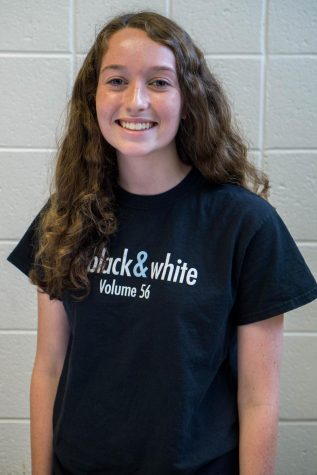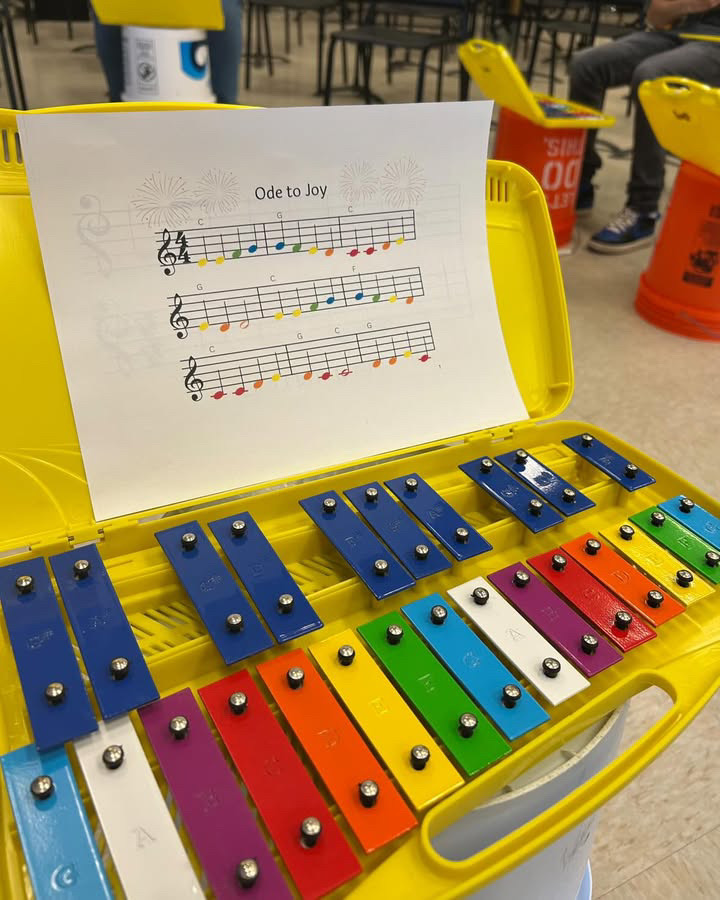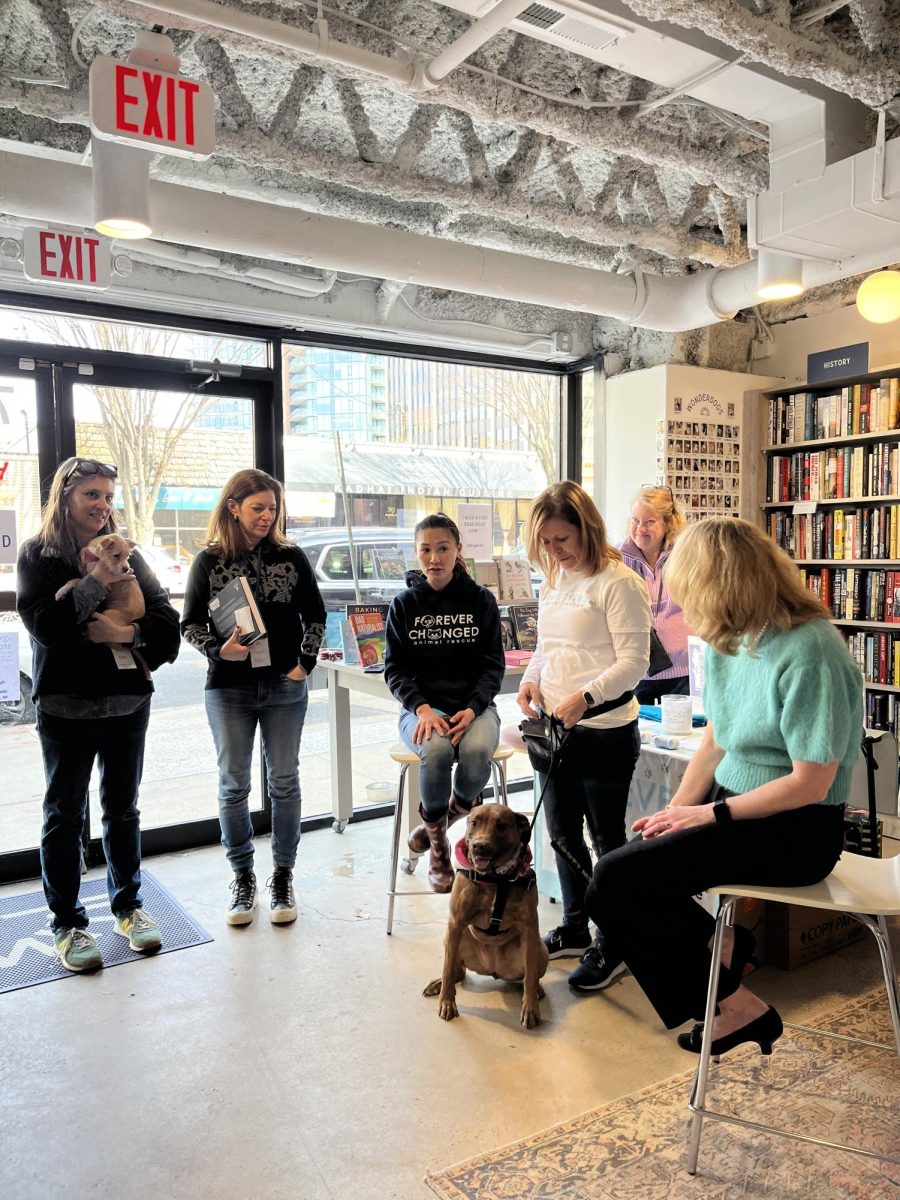Let’s talk about sexism: senior organizes educational seminars
November 5, 2017
“Ladies, this is not a beach. Cover up your butt, cleavage, and bra straps. Boys, this applies to you too.”
Last spring, assistant principal Kathy McHale’s voice rang over the PA system, reminding students of Whitman’s dress code. Following the announcement, now-senior Rabhya Mehrotra went to principal Alan Goodwin to question the reasoning behind it. Administrators told students McHale made the announcement after hearing male students calling female students “sluts,” she said.
Goodwin allowed Mehrotra to plan seminars designed to cover how sexism, harassment and assault affect all genders. The seminars aimed to increase awareness of everyday actions that most people don’t realize are sexist.
Mehrotra wanted the seminars to spark discussions among students about how prevalent and normalized sexism is, even in the Bethesda community.
“It’s important to discuss how we treat girls, because even though Whitman is supposed to be a really liberal, really accepting, very forward moving school, I think our views on girls can still be backwards,” Mehrotra said. “They’re still objectified—I think they’re still viewed for their looks and not their brains.”
Mehrotra planned the seminars for the end of last year, but due to scheduling concerns, she moved them to Oct. 19 and 20 during all English classes. A mix of male and female presenters—motivated to join the team by personal experiences with sexism— led the seminars.
Presenters started each seminar by sharing their own experiences with sexism to make the discussions more personal. Presenters also asked discussion questions to encourage conversation about sexism.
Presenter Sarah Stein, a senior, said that by leading the seminars, she fulfilled a personal goal of helping to combat sexism.
“I think it’s really important to be active about things that you think are wrong,” Stein said. “Instead of just having these beliefs, it’s important to actually act upon them.”
“I think it’s really important to be active about things that you think are wrong. Instead of just having these beliefs, it’s important to actually act upon them.”
— senior Sarah SteinMehrotra led a group of five organizers, all seniors, who assisted in creating the presentation and handling logistics. They split the seminars into two sections: one discussed sexism, while the other educated about sexual assault. By doing so, the seminars addressed the two topics as they relate to each other.
After the first day of seminars, organizers modified the presentation to account for student feedback. A section of the presentation detailing a specific sexual assault case was removed because some students said it was too difficult to discuss. The presentations could still produce the same message without it, Mehrotra said.
Organizers designed the seminars to foster discussion between the presenters and the students. While this was successful in some English classes, some students were less engaged in the class-wide discussion. Still, many students said they believe the seminars were a worthwhile use of class time.
“I thought they were really powerful,” freshman Hisham Shami said. “They really hit home and were really relatable.”
Due to the sensitivity of topics discussed, teachers were advised to stay in the room during the seminars but not participate in the discussion. English teacher Emily Glass said she was impressed by her students’ enthusiasm and ability to participate in a discussion of this nature.
Despite many students’ enthusiasm for the seminars, some students joked about sexual assault in the hallways afterward, junior Emmy Lane said. Senior Jessica Chelst enjoyed the seminar overall, but was upset by some comments questioning the legitimacy of sexism she heard in the seminar and in the hallways afterwards.
“People tried to go against the facts and said things that came off as sexist to a lot of people,” Chelst said.
Overall, Mehrotra and the presenters were happy with how the presentations turned out and with the level of participation in classes.
Mehrotra is extremely proud of the discussions and the work presenters put into them, she said. She hopes that the seminars will create a more tolerant and aware environment in the Whitman community.
“Even though things are definitely better, they’re not perfect,” said Mehrotra. “Just by discussing that, you can increase empathy and hopefully work towards solutions.”










